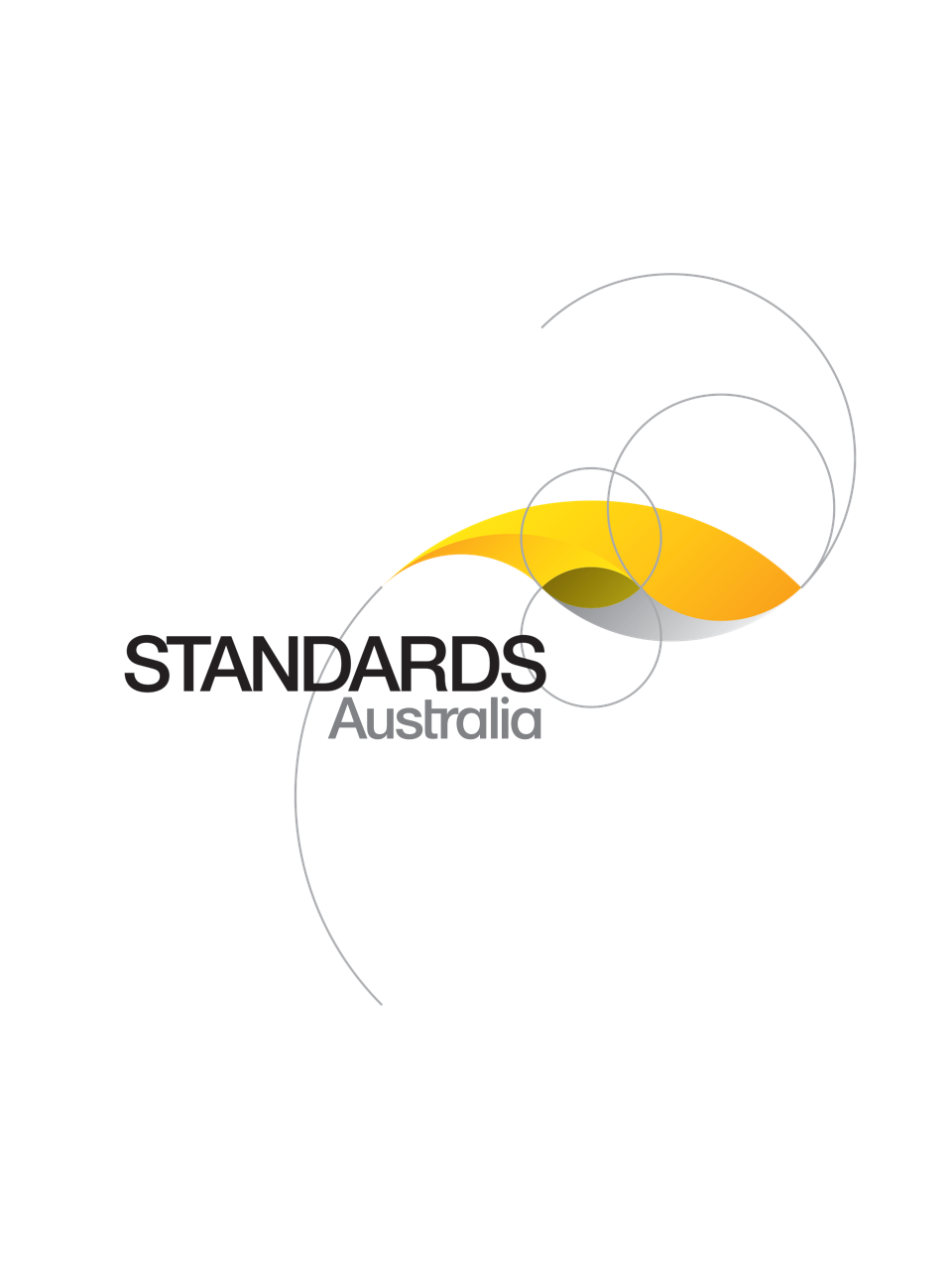Standard
Track updates
AS ISO 21502:2022
[Current]Project, programme and portfolio management — Guidance on project management
AS ISO 21502:2022 identically adopts ISO 21502:2020, which gives guidelines for project management. It is applicable to any organization, including public, private, and charitable, as well as to any type of project, regardless of purpose, delivery approaches, life cycle model used, complexity, size, cost or duration
Published: 16/12/2022
Pages: 52
Table of contents
Cited references
Content history
Table of contents
Header
About this publication
Preface
Foreword
Introduction
1 Scope
2 Normative references
3 Terms and definitions
4 Project management concepts
4.1 Overview
4.1.1 General
4.1.2 Projects
4.1.3 Project management
4.2 Context
4.2.1 Impact of a project’s context
4.2.1.1 General
4.2.1.2 Factors within the organization
4.2.1.3 Factors outside the organization
4.2.2 Organizational strategy and projects
4.2.3 Customer and supplier perspective
4.2.4 Project constraints
4.2.5 Projects as stand-alone, part of a programme or part of a portfolio
4.3 Project governance
4.3.1 Governance framework
4.3.2 Business case
4.4 Project life cycle
4.5 Project organization and roles
4.5.1 Project organization
4.5.2 Sponsoring organization
4.5.3 Project board
4.5.4 Project sponsor
4.5.5 Project assurance
4.5.6 Project manager
4.5.7 Project office
4.5.8 Work package leader
4.5.9 Project team members
4.5.10 Project stakeholders
4.5.11 Other roles
4.6 Competencies of project personnel
5 Prerequisites for formalizing project management
5.1 Overview
5.2 Considerations for implementing project management
5.3 Continuous improvement of the project management environment
5.4 Alignment with organizational processes and systems
6 Integrated project management practices
6.1 Overview
6.2 Pre-project activities
6.3 Overseeing a project
6.4 Directing a project
6.5 Initiating a project
6.5.1 Overview
6.5.2 Project team mobilization
6.5.3 Project governance and management approach
6.5.4 Initial project justification
6.5.5 Initial project planning
6.6 Controlling a project
6.6.1 Overview
6.6.2 Progressive justification
6.6.3 Managing project performance
6.6.4 Managing the start and close of each project phase
6.6.5 Managing the start, progress and close of each work package
6.7 Managing delivery
6.8 Closing or terminating a project
6.9 Post-project activities
7 Management practices for a project
7.1 Overview
7.2 Planning
7.2.1 Overview
7.2.2 Developing the plan
7.2.3 Monitoring the plan
7.3 Benefit management
7.3.1 Overview
7.3.2 Identifying and analysing benefits
7.3.3 Monitoring benefits
7.3.4 Maintaining benefits
7.4 Scope management
7.4.1 Overview
7.4.2 Defining the scope
7.4.3 Controlling the scope
7.4.4 Confirming scope delivery
7.5 Resources management
7.5.1 Overview
7.5.2 Planning the project organization
7.5.3 Establishing the team
7.5.4 Developing the team
7.5.5 Managing the team
7.5.6 Planning, managing and controlling physical and material resources
7.6 Schedule management
7.6.1 Overview
7.6.2 Estimating activity durations
7.6.3 Developing the schedule
7.6.4 Controlling the schedule
7.7 Cost management
7.7.1 Overview
7.7.2 Estimating cost
7.7.3 Developing the budget
7.7.4 Controlling costs
7.8 Risk management
7.8.1 Overview
7.8.2 Identifying risk
7.8.3 Assessing risk
7.8.4 Treating risk
7.8.5 Controlling risk
7.9 Issues management
7.9.1 Overview
7.9.2 Identifying issues
7.9.3 Resolving issues
7.10 Change control
7.10.1 Overview
7.10.2 Establishing a change control framework
7.10.3 Identifying and assessing change requests
7.10.4 Planning the implementation of change requests
7.10.5 Implementing and closing change requests
7.11 Quality management
7.11.1 Overview
7.11.2 Planning quality
7.11.3 Assuring quality
7.11.4 Controlling quality
7.12 Stakeholder engagement
7.12.1 Overview
7.12.2 Identifying stakeholders
7.12.3 Engaging stakeholders
7.13 Communication management
7.13.1 Overview
7.13.2 Planning communication
7.13.3 Distributing information
7.13.4 Monitoring the impact of communications
7.14 Managing organizational and societal change
7.14.1 Overview
7.14.2 Identifying the need for change
7.14.3 Implementing the organizational and societal change
7.15 Reporting
7.15.1 Overview
7.15.2 Planning reporting
7.15.3 Managing reporting
7.15.4 Delivering reports
7.16 Information and documentation management
7.16.1 Overview
7.16.2 Identifying which information should be managed
7.16.3 Storing and retrieving information and documentation
7.17 Procurement
7.17.1 Overview
7.17.2 Planning procurement
7.17.3 Evaluating and selecting suppliers
7.17.4 Administering contracts
7.17.5 Closing contracts
7.18 Lessons learned
7.18.1 Overview
7.18.2 Identifying lessons
7.18.3 Disseminating lessons
Annex A
Bibliography
Cited references in this standard
One-time Purchase
Access via web browser on any device
One-time purchase
Single publication
Offline access via PDF^
$239.76 AUD
Inclusive of GSTFormat *
Web Reader
Licenses *
1 License (for yourself - not shareable)
Total$239.76 AUD
IMPORTANT
